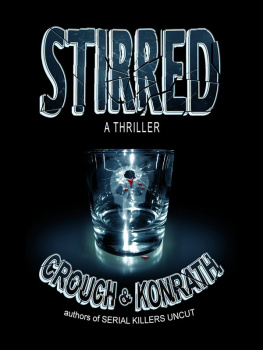
VICTORY
IS
ASSURED

Uncollected Writings of
STANLEY
CROUCH
Edited with a Preface by
GLENN MOTT
Introduction by
JELANI COBB
Afterword by
WYNTON MARSALIS

LIVERIGHT PUBLISHING CORPORATION
A Division of W. W. Norton & Company
Independent Publishers Since 1923
To our mothers,
EMMA BEA
and
BRENDA JOYCE


ABOUT THE AUTHOR
STANLEY CROUCH (19452020) was the author of eight critically acclaimed books including five collections of essays, the first two of which were nominated for National Book Critics Circle Awards: Notes of a Hanging Judge (1990); The All-American Skin Game, or, The Decoy of Race (1995); Always in Pursuit (1998); a book of essays on identity, The Artificial White Man (2004); and Considering Genius: Writings on Jazz (2006). He also authored the novel Dont the Moon Look Lonesome (2000); the book One Shot Harris: The Photographs of Charles Teenie Harris (2002); and, with Playthell Benjamin, co-wrote Reconsidering the Souls of Black Folk: Thoughts on the Groundbreaking Classic Work of W.E.B. DuBois (2003). He also wrote the acclaimed biography Kansas City Lightning: The Rise and Times of Charlie Parker (2013). In 1987, Crouch co-founded and then served as artistic consultant for jazz programming at Lincoln Center, and was a founder of the Jazz Department, known as Jazz at Lincoln Center, playing an integral role in the institutions repertoire and often writing notes and essays for concert programs. He was a biweekly columnist for the New York Daily News from 1995 to 2014, writing about culture, politics, and race, and authored hundreds of magazine articles, essays, album liner notes, and reviews on jazz that have influenced the music and championed it for the general public. He was the recipient of a Guggenheim Fellowship, a Whiting Award, a MacArthur Foundation grant, the Jean Stein Award from the American Academy of Arts and Letters, and the Windham-Campbell Prize; he was president of the Louis Armstrong Educational Foundation, an organization created by Armstrong himself; and for his work as a jazz historian and critic, the National Endowment for the Arts named him a Jazz Master in 2019.
VICTORY IS ASSURED
All a human being is, when you pull the drawers off, is a little bit of time and a caravan of feeling.
STANLEY CROUCH
A FTER STANLEY CROUCH PASSED, everyone had a storythe musicians, the waitresses, the cooks, the crooks, the poets, and the critics. To experience Stanley, indomitable, indefatigable, irrepressible Crouch, was to know the kinetic energy and bombast of an indelible force of New York, as large and complex as any character this city has produced. Run into him around town and you encountered a walking contradiction of diddy-bop and duende, dressed in Brioni pinstripes or, later on, a tracksuit, and your chance meeting could end over a three-hour lunch at a Village bistro, an evening set in the basement at Smalls, or in the chilly halls of high places.
He preferred his interactions lean on small talk (his health, for instance, Hey, man, you think thats interesting to me?), larded with jazz anecdotes, and salted by synaptic interconnections fired from that prodigious brainpan. Above all, there was Stanley talking at levels audible to the room, with his special emphasis for taboos punctuated by stertorous guffawshis absolute love of marathon jawbone sessions over what was, and what wasnt, and what is. Sometimes, his audience would just want to shove a pen into his hand and leave the table, such was his voluble profligacy. But youd be a fool to grab your hat while witnessing the maelstrom of his riffs and improvisations, his combat with ideas, his joy over the plate before him, and with so much of America missing his performance that night. Presence is always the point, Crouch would say, and he showed up. This was especially true where doldrums needed banishment most: at a St. Vincents bedside or an uptown jazz funeral, when a significant measure of the mans tenderness and humanity that few spoke about flourished, rather than the pugilist of lore.
Crouch was a physical intellectual up from the streets of South Central L.A. who never lost the presentation of himself as a slightly dangerous and not-to-be-fucked-with individual. At his finest, Crouchs ethos achieves something Harold Bloom said of another poet and journalist, Walt Whitman, that his celebrations and elegies are scarcely distinguishable. He did not slather his praise with treacle or shackle his lament and drew no lines of decorum around the inevitable christening in a damning critique. His feuds are well documented, but often as not, the fight came to him. He would enlist adversaries in their own downfall, the way a fighter will get inside the rhythm of an opponent, change the tempo, then use him as an unwilling accomplice in his own ass-whipping.
A cant-destroying writer who believed the critics job was to provoke thought, he could, as Greil Marcus observed, infuse doubt into anybodys certainties. Crouch had no use for intellectual congenialityhed rather you brought your prejudice and pap to the table and put your feet under it. He was invested in first principles, original causes, not received ideas that pass for thought. His job was no less than what the large man Samuel Johnson had defined for the critic: to improve opinion into knowledge. As a columnist, literary artist, and cultural critic, Crouch butchered what he called all-purpose alienation, delighting and enflaming the passions of his readers in equal measure. You didnt need to agree with the man, but the virtuosity of his prose, the authority of his vision, the velocity of his intellect, and his very human story made his best work connect with a purpose as stark and true as blues lyrics. Always authentic, not one to bother with assembling consensus, Crouch trusted his thoughts and was unafraid of his own mind. He didnt want to persuade you, he wanted to connectalways connectand to shock others into fresh thought who had enjoyed too much their own ignorance. In Stanleys view there was a hierarchy: Heroic engagement should be defined separately from narcissistic anarchy.
By the time I first met him, late in his career, Crouch was already Rabelaisian in stature, intellect, and appetite, with a dash of Cervantes when he was tilting in the saddle of Rocinante. Purposeful to the last, he required intestinal fortitude, even in his most ardent admirers and friends. His public attacks were not ad hominem, they went far beyond anything personal, but if he sometimes held the primacy of his ideas over his personal relationships, he also had no problem changing his mind when he saw a better way forward. He retained the ethos of a jazz drummer, who could absorb the rhythm of a soloists improvisations and add foundation.
From my vantage as his editor at Hearst, then friend, he was unsentimental about his own positions, which made him unpredictable, formidable, a free and unrepentant intellectual. Stanley had all the usual human vanities but was unpretentious about who had the better mousetrap. Socratic to the core, he did not expect you to agreehe didnt seek acolytes. Those he influenced most could also be those who consistently challenged him. Stanleys change of heart on things (on certain jazz forms, most dramatically) has sometimes confused and baffled his critics. When Stanley exited the ring of our contingent world, the gloves were still on the hands of his stupefied opponents. He would have preferred it that way, in the same way he liked restaurants with surly waiters who nonetheless served him fine meals.
Next page
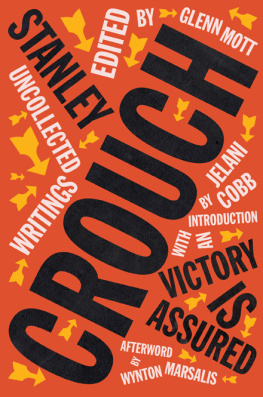
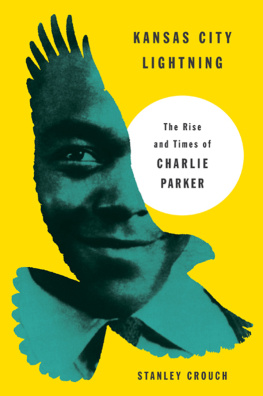

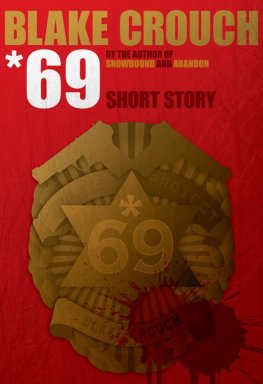
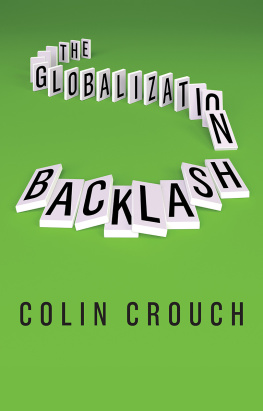
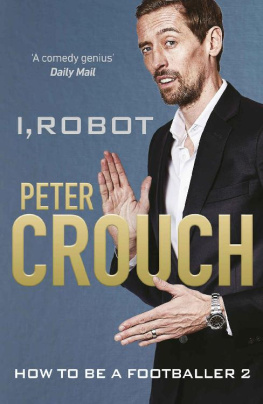
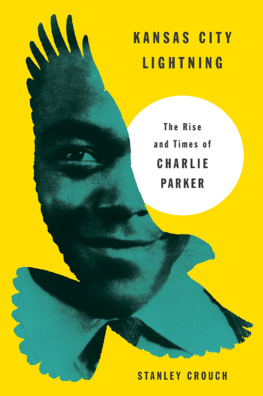
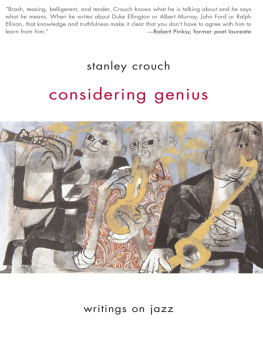
![Blake Crouch [Crouch - Summer Frost [Forward Collection]](/uploads/posts/book/140601/thumbs/blake-crouch-crouch-summer-frost-forward.jpg)
